
When the Rain Falls, He Comes: The Gentle Guardian They Call the Phantom of the Rain
The Phantom of the Rain
An Expanded Retelling
When the first gentle drops of rain begin to fall over a small Indonesian town, something magical stirs. A familiar shadow appears — tall, silent, and curiously human in posture. From behind the thick foliage near the school bus stop, a massive orangutan steps out, his long, powerful arms cradling a borrowed umbrella with almost comical grace.
He isn’t there for food. He doesn’t seek shelter.
Instead, he simply stands. Watching. Waiting.
He paces slowly, his eyes calm and observant as schoolchildren rush past him through the drizzle, backpacks bouncing, shoes splashing through puddles. He never gets too close. Never makes a sound. And only when the last child disappears safely into a home does he melt back into the trees, leaving behind nothing but wet footprints and wide-eyed wonder.
At first, fear gripped the town like a sudden storm. A wild orangutan so close to children? The idea alone sparked alarm. Parents began showing up at the bus stop, wielding umbrellas and sticks, hearts pounding, ready to protect their kids at any cost. Local officials were notified. Some whispered about tranquilizers. But the attack never came.
Instead, he returned — again and again.
Each time the sky darkened, he emerged. Not with menace, but with purpose. He would quietly take an umbrella — often the same faded blue one from the corner shop — open it with a deliberate, almost delicate motion, and take up his silent vigil by the roadside.
He never stole food. Never growled. Never chased or played. He simply stood, holding the umbrella aloft like an old man protecting his memories.
Weeks passed. And something shifted.
The fear began to fade. In its place bloomed fascination — and something gentler, harder to name.
Children began waving at him through fogged-up bus windows. A few even lingered behind after school, whispering shy “thank yous” before scampering away. Eventually, parents stopped gripping their sticks so tightly. One even brought an extra umbrella and leaned it against the fence, just in case.
The townspeople began calling him The Phantom of the Rain — a name that carried both reverence and affection.
Soon, word spread beyond the village. Researchers arrived, drawn by this strange and touching behavior. What they discovered didn’t just deepen the mystery — it broke hearts.
This orangutan was not truly wild.
Years ago, he had been part of a traveling circus. He had been trained to dance, to bow, to wear tiny costumes and hold an umbrella as part of his act. His life had been one of repetition and applause — and cages. When the circus collapsed and its animals were released into the nearby forest, he disappeared. But memory, unlike cages, isn’t so easily escaped.
Somewhere deep within him, the act of holding an umbrella — once a trick demanded by trainers — had transformed into something he chose. Something gentle. Something real.
He no longer danced for applause.
He no longer bowed on command.
Instead, he stood in the rain, protecting children from the storm.
Locals began leaving umbrellas by the roadside, propped carefully against trees. They never saw him take them, but somehow they were always gone before the next downpour — and later returned, folded neatly, placed precisely where they’d been left. Not stolen. Borrowed.
“He’s gentle,” said one elderly shopkeeper. “He handles the umbrellas like they’re porcelain. Like he knows they’re not his. It’s as if... he’s learned manners.”
To the children, he became a secret guardian — a quiet friend who appeared only when the skies turned gray. They began drawing him in their notebooks, their crayons capturing his shaggy orange fur and the big, colorful umbrellas he carried. Some added little hearts. One girl wrote: “He keeps us dry.”
Parents who once watched with suspicion now waited in silence, smiling faintly when his silhouette appeared through the rain. What began as fear had slowly become something sacred — a ritual of protection and quiet love.
There was something profoundly moving about how this creature — once forced to mimic humanity for the amusement of crowds — had found his own way to be human. Not through performance. Not through tricks. But through empathy. Through choice.
Perhaps the sound of children’s laughter reminded him of the cheers that once echoed under the circus tent.
Perhaps the rain, once a stage cue, had become a call to action.
Perhaps, in shielding children from the storm, he found peace in a world that had once demanded he dance.
No one can say for sure. But his quiet act of kindness touched hearts in a way no performance ever could.
In time, stories grew around him. Some believed he lived in a hidden grove deep in the forest, far from roads and power lines. Others thought he stayed nearby, watching from the shadows, waiting for the clouds to roll in.
Rainy days were never the same again. Now, every storm was an event. A whisper. A question: Would he come today?
For the villagers, he became more than a guardian. He became a symbol — of gentleness, of memory, of unexpected grace. Children who once feared the dark now smiled when the skies turned gray.
And in time, The Phantom of the Rain became legend.
No one knows how long he will continue his ritual. Perhaps one day, he’ll stop appearing. But in this quiet town where kindness once wore shackles, his story endures — a tale passed from parent to child, about the orangutan who chose to care.
Somewhere out there, as thunder rumbles and the wind begins to stir the leaves, a large orange figure reaches for an umbrella. Not because someone told him to.
But because, in a world that once forced him to entertain,
he learned — all on his own — how to protect.
News in the same category


70-Pound Female Bear Rescued After Spending 12 Days with Her Head Trapped in a Jar.
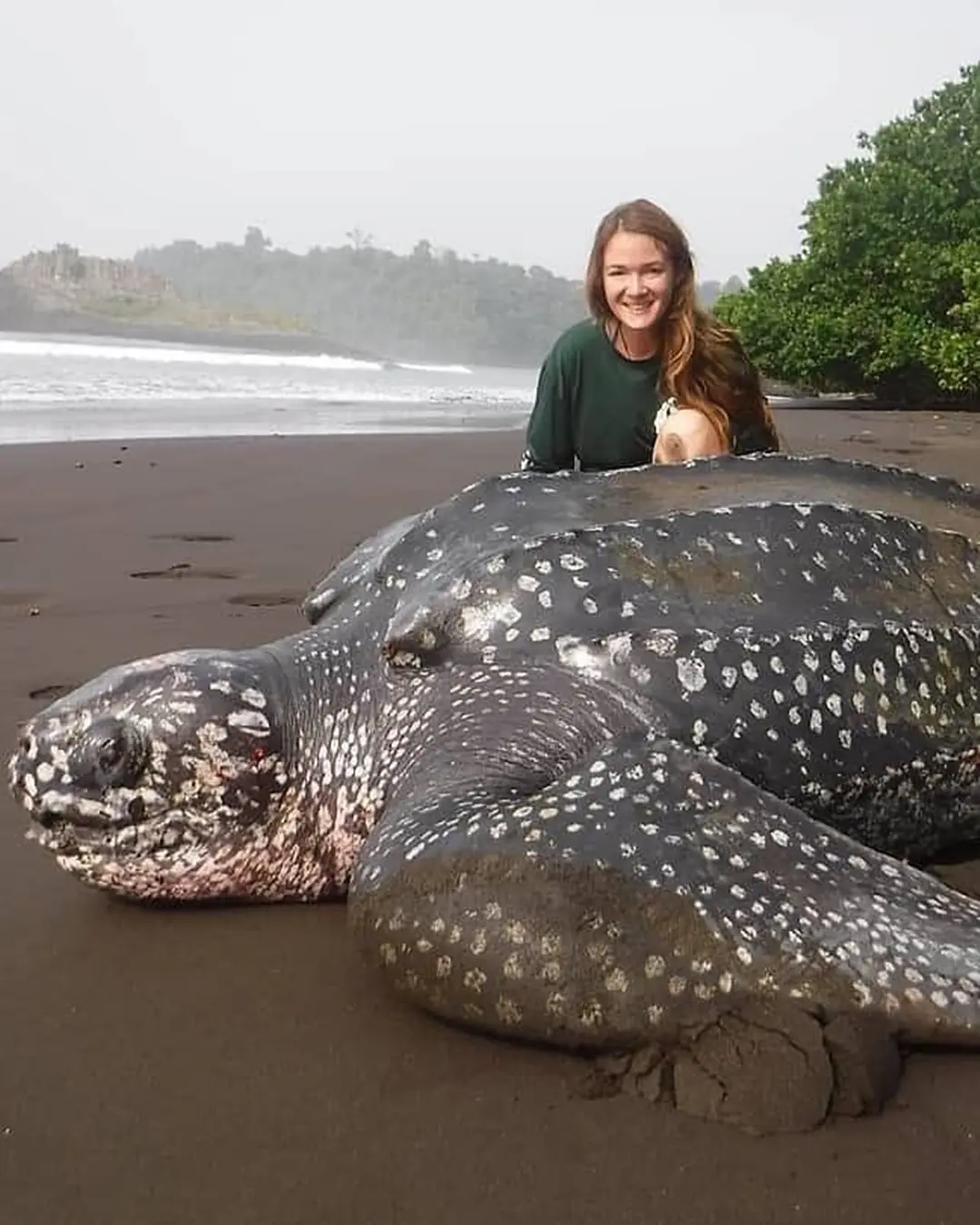
The Last Push: A Leatherback’s Fight for Life.
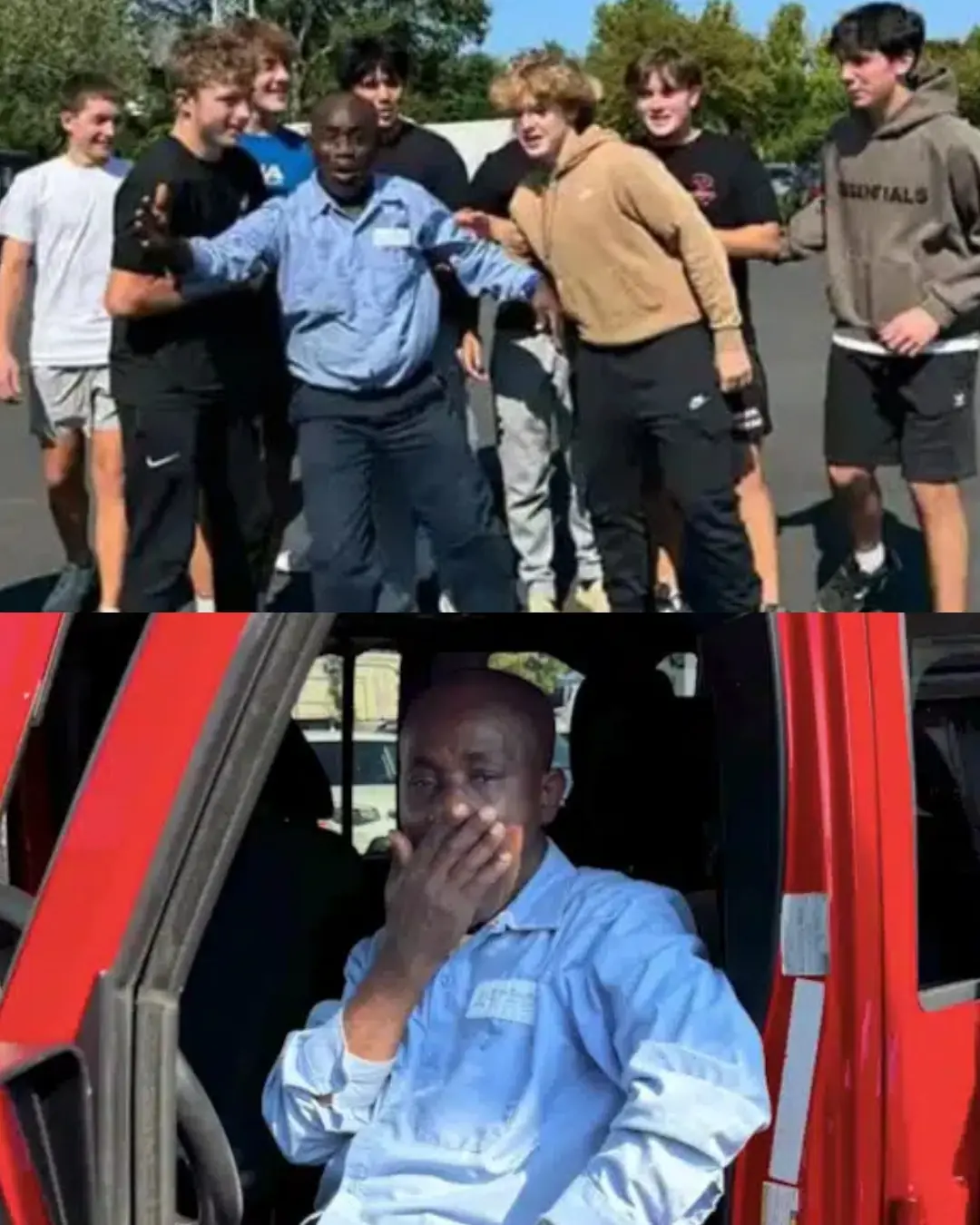
Students Raise $20,000 to Buy Beloved School Custodian His Dream Car — A Jeep Wrangler.
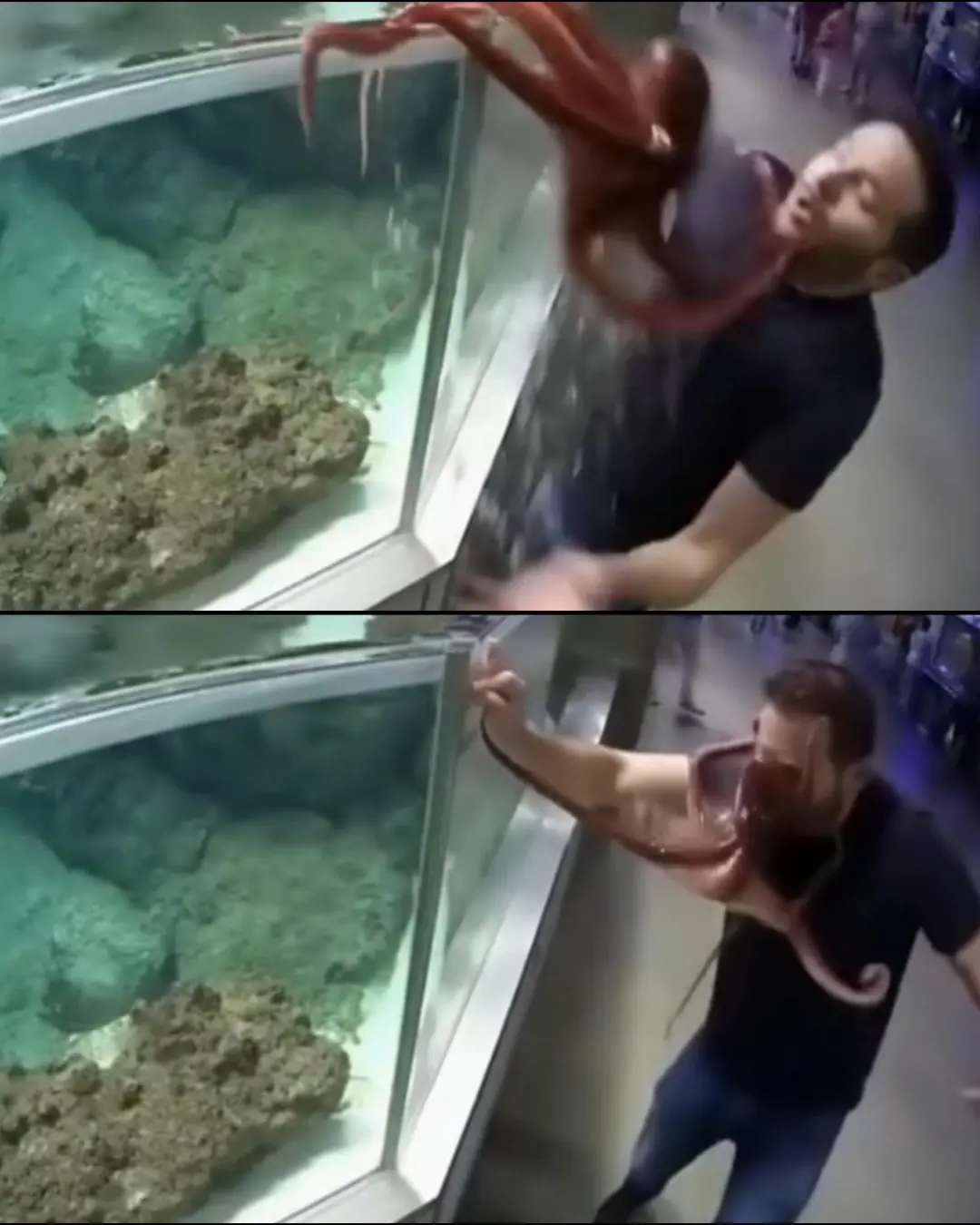
Man Gets a Face Full of Octopus — and a Lifetime Ban
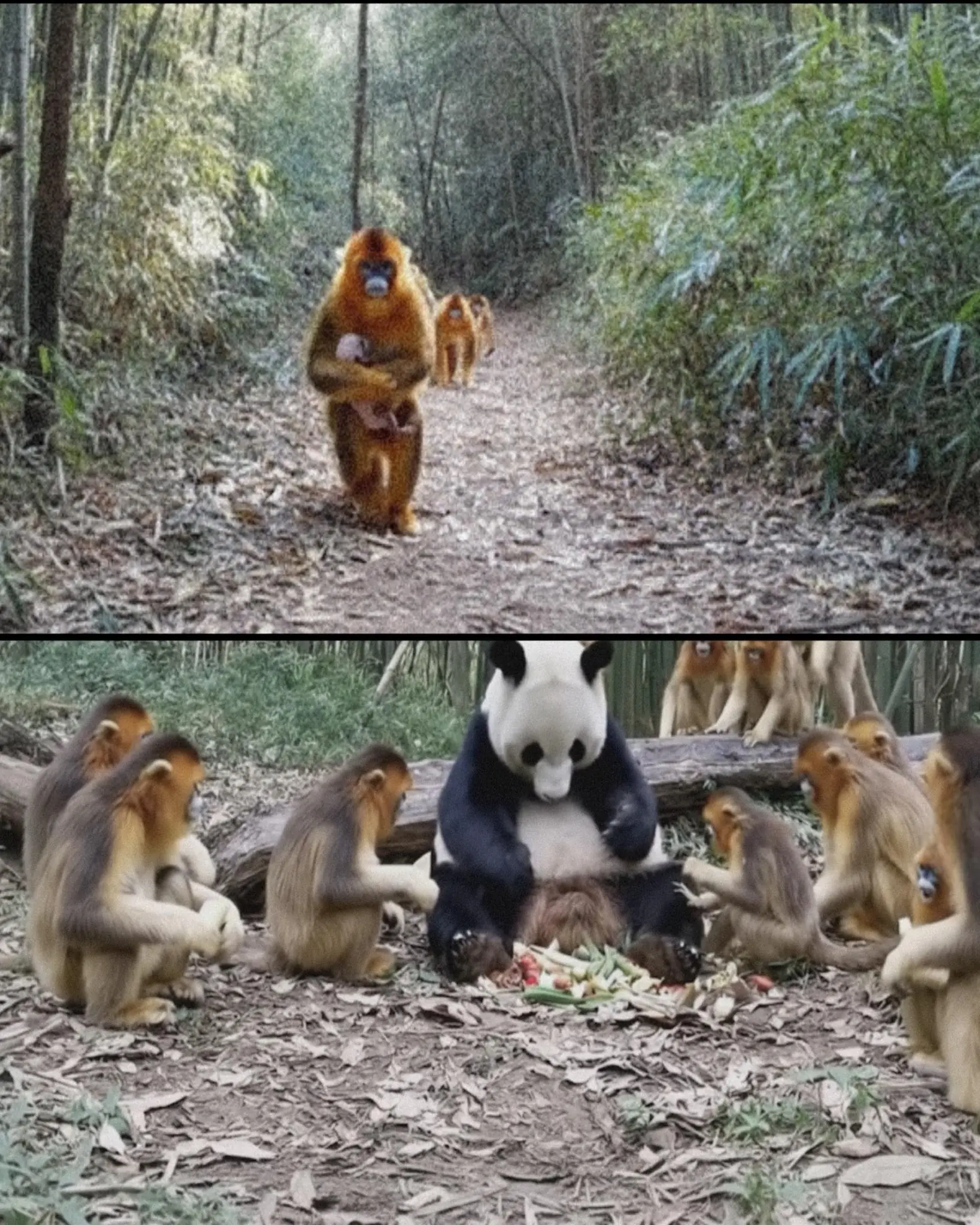
Monkeys Crown Panda as Their King — The Great Bamboo Forest Mystery

Grayson – A Story of Strength and Courage in 48 Hours

Evelyn Grace Jackson: A Tiny Warrior’s Legacy of Courage and Love
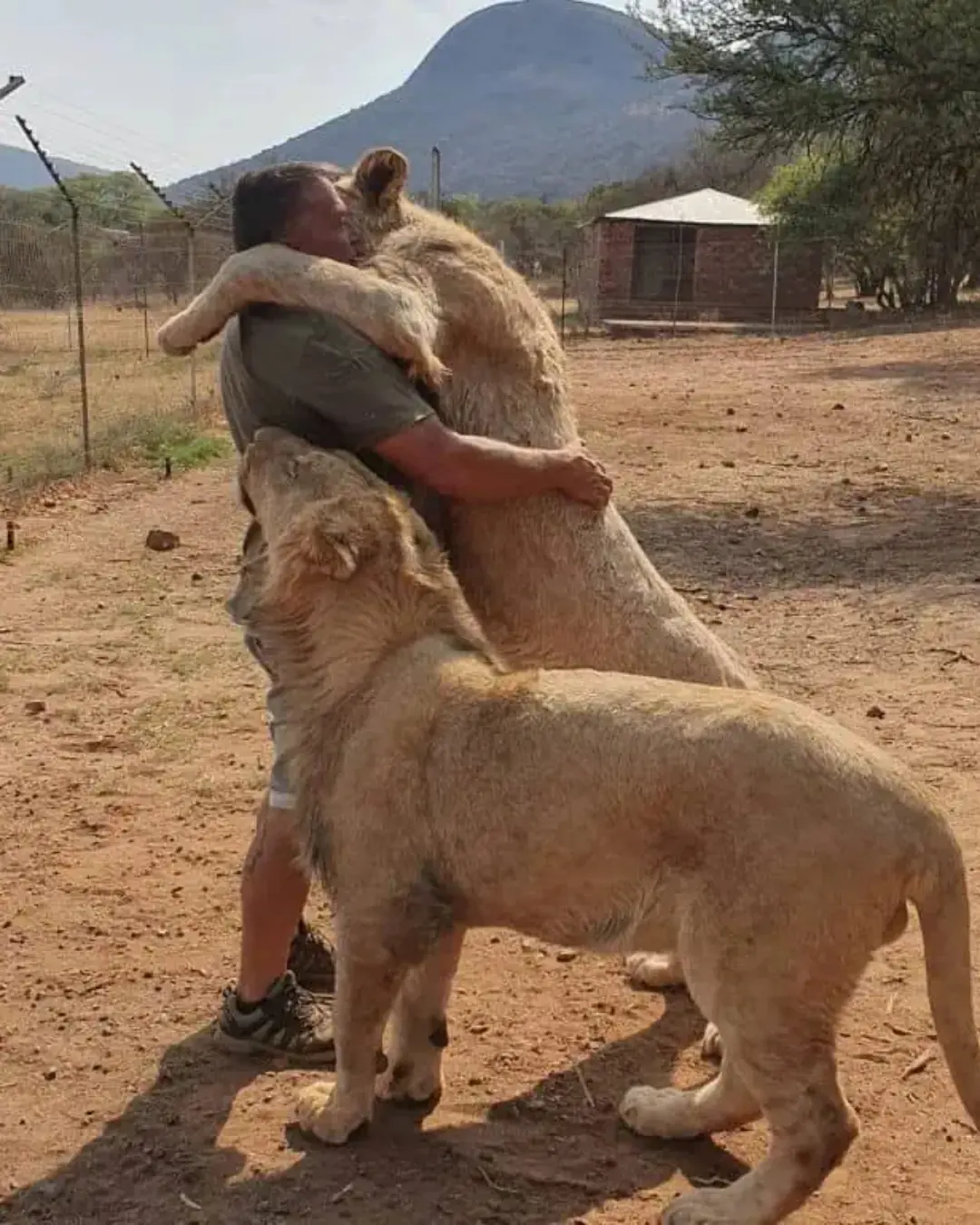
The Man Who Lives Among Lions: Armand Gerber’s Extraordinary Bond With the Wild.

A Father’s Homecoming That Broke Every Rule but Captured Every Heart.
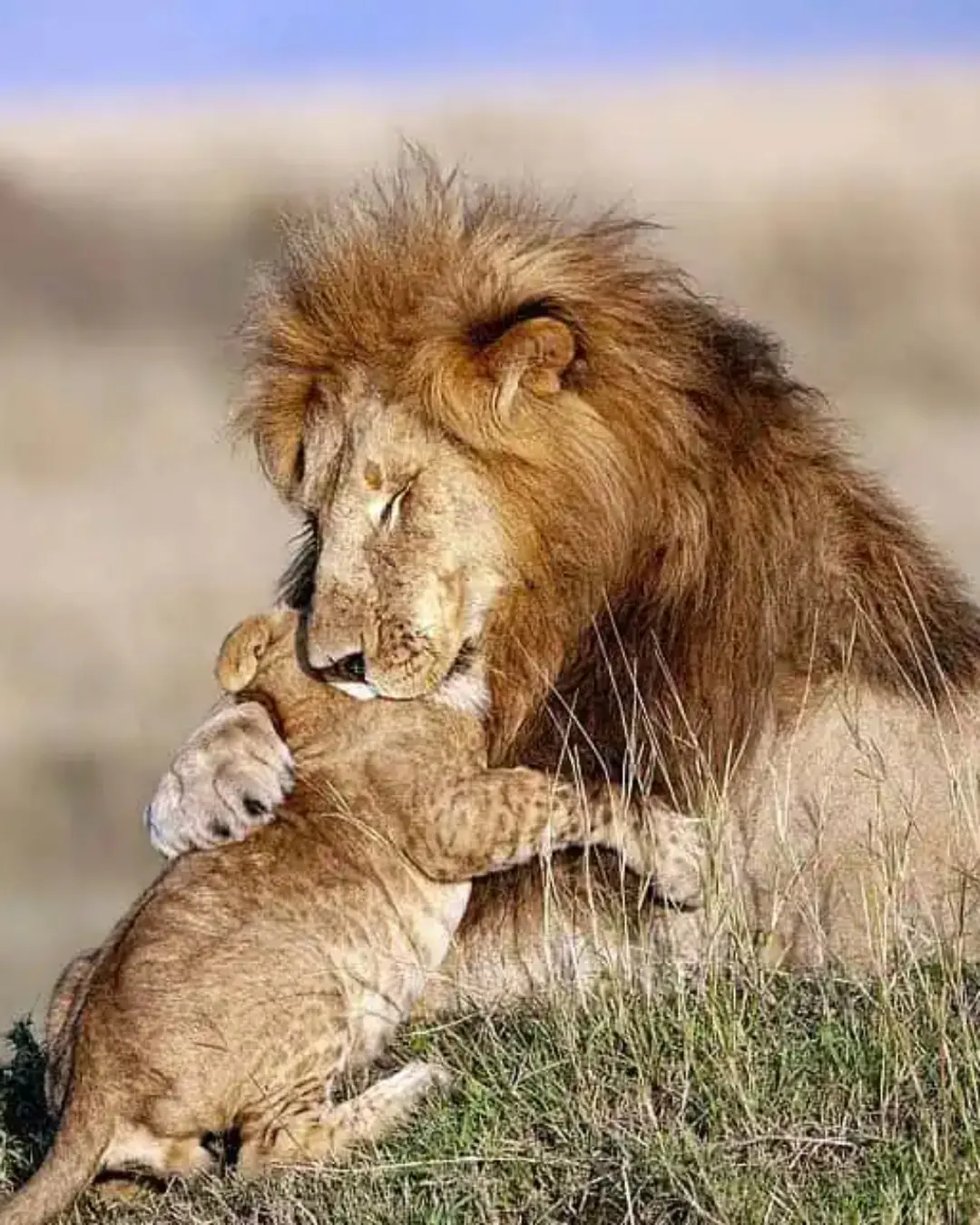
A Real-Life “Lion King” Moment That Captured the World’s Heart.

My Pushy Neighbor Filled in My Beloved Pond While I Was Away — But What Happened Next Proved You Should Never Mess With Grandma

My Husband Believed I Did Nothing All Day with Our Baby—Until I Left Him Alone for a Week

Entitled Woman Threw Coffee on My Waitress Mom — She Never Expected the Calculated Lesson I Taught Her

FIL Destroyed My Beloved Backyard to Dig a Pool without Asking — Karma Made Him Pay the Price in Mud and Finesse

Five Years After My Wife’s ‘Death,’ I Went to My Best Friend’s Wedding — The Bride’s Face Stopped My Heart

Irina and Grigory divorced when their daughter Anya turned two years old. Grigory simply couldn’t live with his wife.

A Stranger Kept Stealing My Parking Spot and Leaving His Number—When I Finally Learned Who He Was, My World Shattered
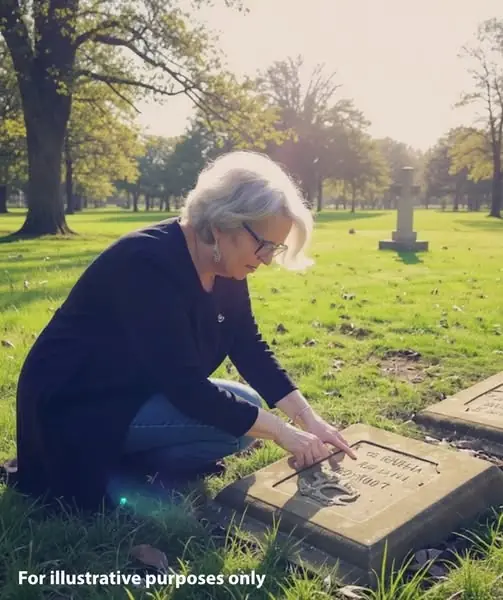
I Found My Daughter-in-Law’s Grave Beside My Son’s. I Was Utterly Shocked When I Discovered the Chilling Truth.

My Date Insisted on Paying the Bill — I Soon Realized I Should Never Have Let Him
News Post
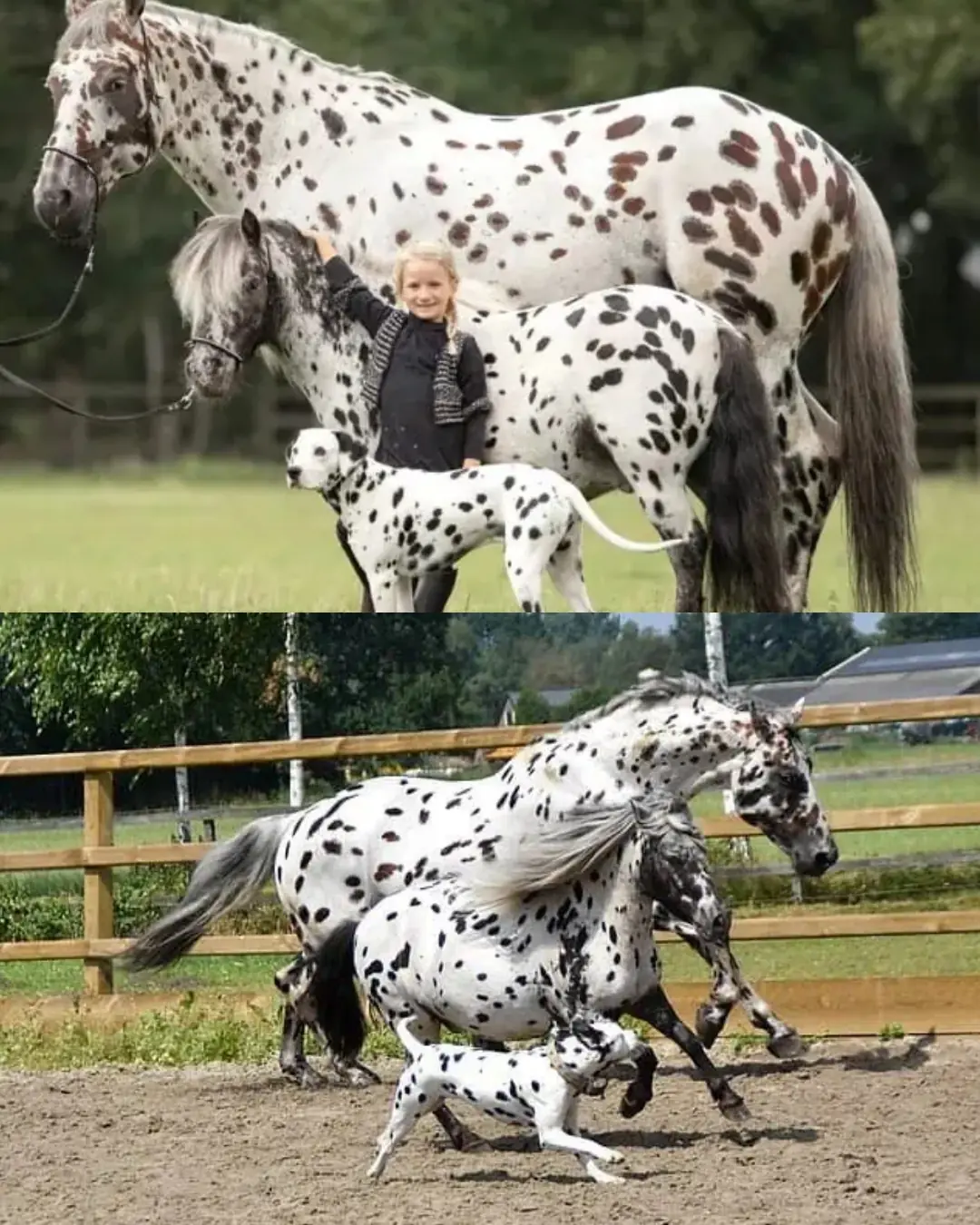
Spots of Joy: The Horse, the Pony, and the Dog Who Became Family.

The $5 Dream: How a Thrift Store Goose Became a Symbol of the American Dream.

Garlic and Rosemary: A Natural Remedy for Joint Pain in Knees, Hips, and Hands

1 Powerful Mineral to Stop Sciatica & Relieve Nerve Pain

70-Pound Female Bear Rescued After Spending 12 Days with Her Head Trapped in a Jar.

The Last Push: A Leatherback’s Fight for Life.

Top 10 Foods to Improve Circulation in Legs and Feet

Students Raise $20,000 to Buy Beloved School Custodian His Dream Car — A Jeep Wrangler.

Man Gets a Face Full of Octopus — and a Lifetime Ban

Monkeys Crown Panda as Their King — The Great Bamboo Forest Mystery

Grayson – A Story of Strength and Courage in 48 Hours

Evelyn Grace Jackson: A Tiny Warrior’s Legacy of Courage and Love

The Man Who Lives Among Lions: Armand Gerber’s Extraordinary Bond With the Wild.

A Father’s Homecoming That Broke Every Rule but Captured Every Heart.

A Real-Life “Lion King” Moment That Captured the World’s Heart.

6 Warning Signs of a Clogged Artery Most People Ignore (Cardiologist Alert)

How to Wash and Condition Your Hair with Beer to Reduce Hair Loss and Stimulate Continuous Hair Growth

7 Early Signs of Stomach Cancer Everyone Should Know to Prevent Distant Metastasis

Most people will go their entire lives without ever knowing what the microwave ring cover is actually for
